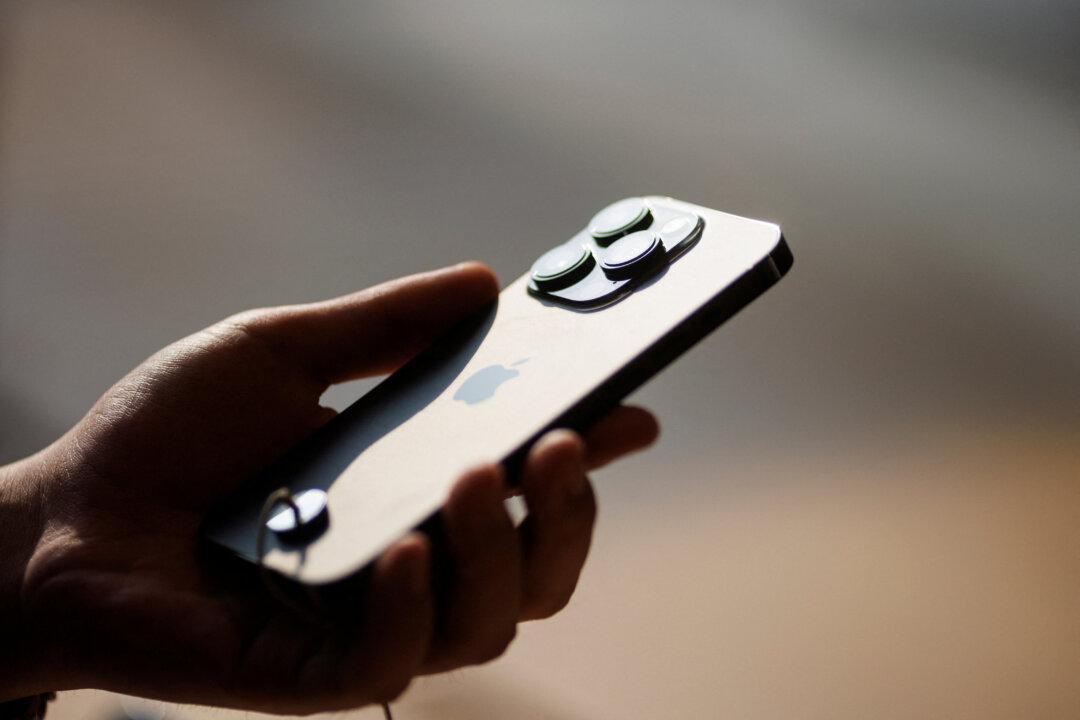Apple has released a new update to its iPhone operating system aimed at protecting users from password theft if devices are stolen.
The new “Stolen Device Protection” feature was released in the beta version of iOS 17.3 on Dec. 12, meaning it is available for developers to download.




